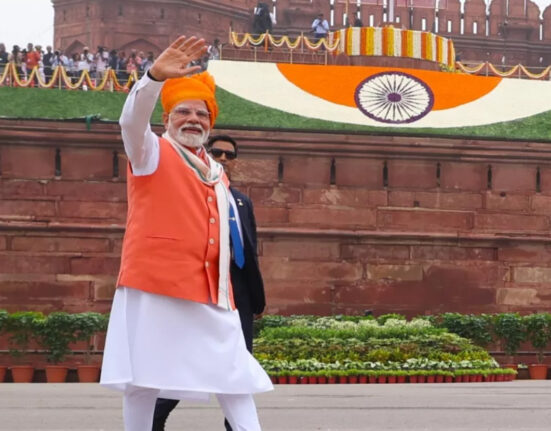The HMPV (Human Metapneumovirus) virus has raised concerns worldwide, and after spreading in China, it has now been detected in India. Recently, the virus was found in an eight-month-old baby at a hospital in Bengaluru, Karnataka, which has increased the focus on this virus. HMPV is a respiratory virus similar to others like influenza or the common cold and can spread easily, especially during the winter season.
What is HMPV?
HMPV is a virus that affects the respiratory system, causing symptoms similar to a cold, cough, or fever. It was first identified in 2001 and is known to cause respiratory illnesses in children, the elderly, and those with weakened immune systems. The virus can cause illnesses ranging from mild cold-like symptoms to more severe infections such as pneumonia or bronchitis.
Symptoms of HMPV:
The symptoms of HMPV infection are similar to those of other respiratory viruses. They may include:
• Cough
• Fever
• Runny nose
• Shortness of breath
• Wheezing
• Fatigue In some cases, it can lead to more severe respiratory problems, especially in young children, the elderly, or people with existing health conditions.
How does HMPV spread?
Like other respiratory viruses, HMPV spreads through:
• Direct contact with an infected person (e.g., handshakes)
• Airborne droplets when an infected person coughs or sneezes
• Touching contaminated surfaces and then touching the face (eyes, nose, or mouth)
Situation in India:
India is closely monitoring the spread of HMPV after cases were reported in Bengaluru. The Indian Council of Medical Research (ICMR) has confirmed two cases of HMPV in Karnataka. However, they have mentioned that there has been no unusual rise in Influenza-like Illnesses (ILI) or Severe Acute Respiratory Illnesses (SARI) across the country. Health experts have assured the public that HMPV-related cases are not uncommon, particularly in children, and there is no need to panic.
Harsha Gupta, the Principal Secretary of the Karnataka Health Department, stated that there is no cause for concern about the virus at this stage. He emphasized that cases of HMPV are common and that there has been no alarming increase in cases. Additionally, the baby in Bengaluru had no travel history, which suggests that the virus is circulating locally.
Should you be worried?
Currently, health experts in India and worldwide are keeping a close watch on the virus. While it is a respiratory virus, the situation is not as severe as COVID-19. Health officials suggest that there is no need for panic, and the general public should continue to follow basic preventive measures like washing hands regularly, covering the mouth when coughing or sneezing, and avoiding close contact with sick individuals.
Conclusion:
While the HMPV virus has reached India and been detected in a few cases, it is not considered to be highly dangerous at the moment. The authorities are monitoring the situation, and there is no need to panic. As with any respiratory illness, it is important to take basic precautions to stay healthy.
Health/Wellness
What is HMPV, how does it spread, what are its symptoms, and how can one protect themselves from it?
- by News Scroll
- January 7, 2025
- 0 Comments
- 1 year ago














Leave feedback about this